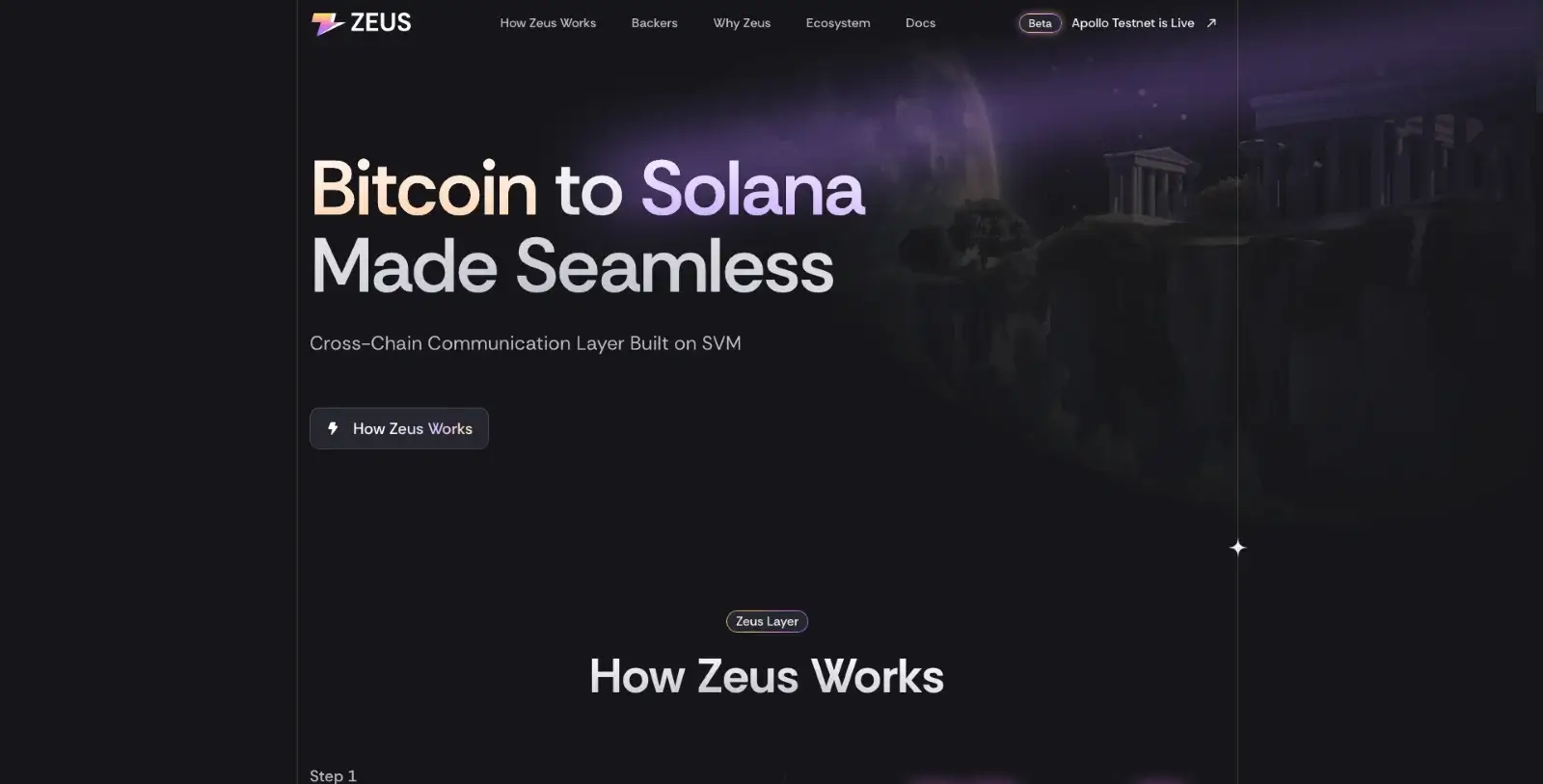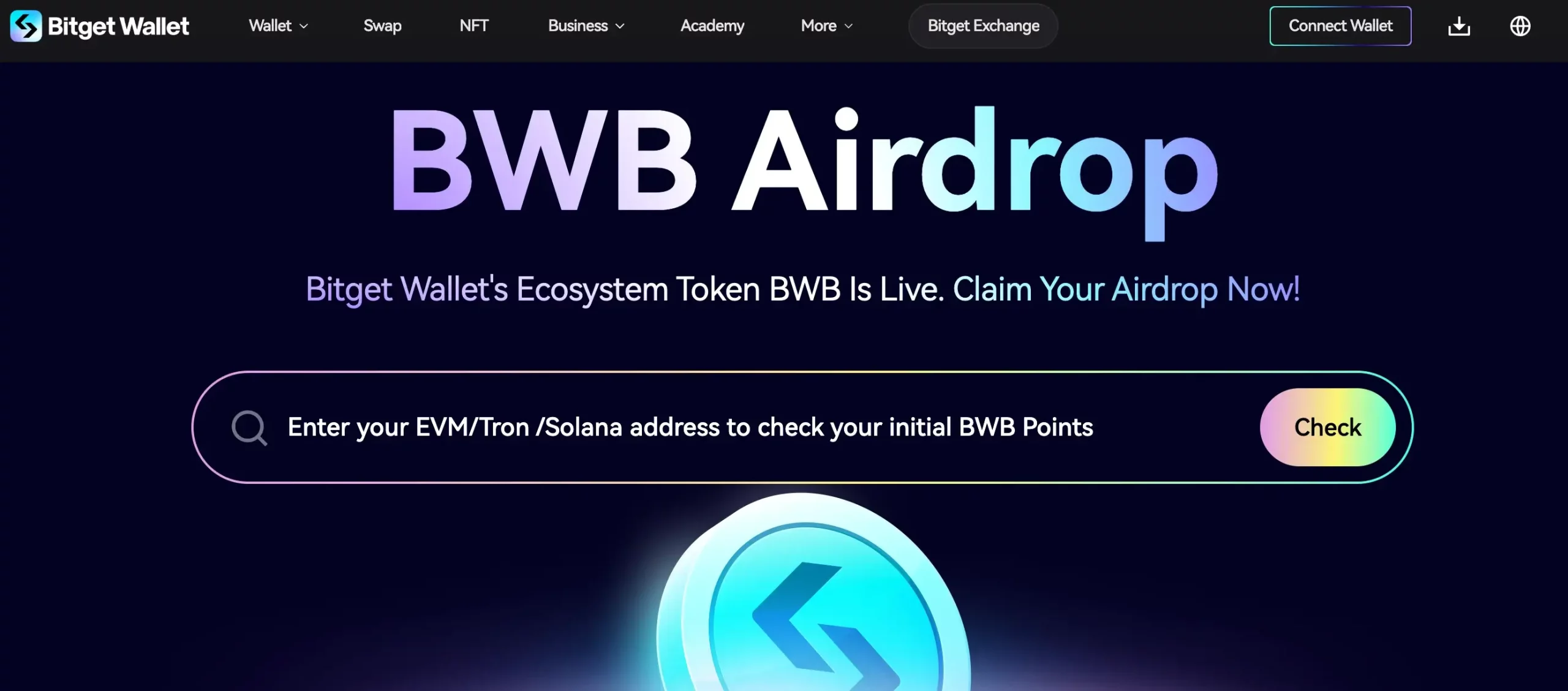Crypto seems to be slowly recovering after a long winter in the market, and users are adjusting their investment plans according to the latest updates in the industry.
While simply buying crypto is a great way to start your journey in this field, there also are other options to earn some digital assets and start trading them to get a profit.
So, in this article, we will talk about some of the best free crypto airdrops you can focus on for this month to make your crypto portfolio richer with at least one new cryptocurrency.
Table of contents
Best Free Crypto Airdrops for April 2024
Banksters

End date: April 17, 2024
Banksters is an EduTech Simulator that aims to help users start their crypto journey as safely as possible. On Banksters, users can learn more about trading, mining, NFTs, how they work, and how they can be used to their advantage. In the meantime, users can earn surprising rewards based on the knowledge they gain.
The main goal of Banksters is to allow users to compete in crypto investments, win investment runs, and make a profit out of it.
Banksters is now organizing a truly exciting airdrop available to all users, no matter their knowledge.
Potential Rewards
Those completing the tasks required will share a prize pool consisting of:
- $655,000 worth of BARS tokens;
- 1,000 Bankless NFTs.
Step-by-Step Guide
- Access the Banksters airdrop page;
- Submit your details to sign up;
- Follow Banksters’ Telegram channel;
- Join Banksters’ Telegram group;
- Join Banksters on Discord;
- Follow Banksters on X (Twitter);
- Retweet the pinned tweet;
- Create a Banksters account;
- Enter a valid email address;
- Play Invest Runs.
Zeus Network

End date: April 18, 2024
Zeus Network is a crypto project that focuses on the seamless integration between Solana and Bitcoin and acts as a permissionless communication layer.
The primary goal of Zeus Network is to provide bright interoperability. This would also empower users to explore decentralized applications (dApp) across various decentralized networks.
Zeus Network is giving away a significant number of native tokens during its latest crypto airdrop event.
Potential Rewards
Eligible users will share a prize pool of 30,000,000 ZEUS tokens.
Step-by-Step Guide
- Access the Zeus Network airdrop page;
- Check your eligibility;
- Claim your tokens by April 18, 2024.
Bitget Wallet

End date: April 28, 2024
Bitget wallet is one of the most promising Web3 wallets, having gathered over 19 million users from all over the world around its concept. The platform offers a wide range of features, including asset management, intelligent market data, swap trading, launchpad, dApp browsing, and many more.
Bitget is organizing a crypto airdrop event available for all users.
Potential Rewards
Every user who completes the tasks will receive a part of the 50 million BWB tokens prize pool.
Step-by-Step Guide
- Download the Bitget app on Android or iOS;
- Create a new wallet or import an existing one;
- Click on the airdrop button and on “Claim Airdrop”;
- Complete various tasks to maximize your reward.
StarkNet

End date: June 19, 2024
StarkNet is a Validity-Rollup that operates as a secondary network on the Ethereum network. The crypto project uses the STARK cryptographic proof system to allow dApps to scale up massively without compromising the security and compatibility offered by Ethereum.
The StarkNet Foundation is constantly working and getting ready to initiate the inaugural phase of the StarkNet Provisions Program, a concept that will involve the distribution of StarkNet tokens (STRK) to the crypto community.
This is why it is organizing an airdrop that will share over 700,000,000 STRK to approximately 1.3 million addresses.
Potential Rewards
Eligible users will share a prize pool of 700 million STRK tokens.
Step-by-Step Guide
- Access the StarkNet airdrop page;
- Connect your wallet;
- Check if you are eligible. There are numerous ways in which you can become eligible for the airdrop.
Ouinex

End date: June 20, 2024
Since its launch, Ouinex has been working effortlessly to become a top advanced platform for crypto and derivatives, carefully and seamlessly blending conventional finance with cryptocurrency trading. The crypto project was designed by seasoned market finance professionals and offers traders advanced tools and the creative potential to integrate crypto assets into traditional market transactions.
Ouinex is currently giving away 30 OUIX tokens to each participant who completes some simple and quick tasks.
Potential Rewards
Each participant completing the tasks required will receive 30 QUIX.
Step-by-Step Guide
- Chat with the Ouinex Telegram bot;
- Join Ouinex on Telegram;
- Follow Ouinex on X (Twitter);
- Retweet the pinned tweet;
- Complete the optional tasks to get extra points.
We also recommend Top Free NFT Airdrops & Trust Wallet Airdrops
FAQ
Are Crypto Airdrops Risky?
There is a possibility that some crypto airdrops and giveaways are risky. What you can do, however, is research the company that organizes the airdrops and decide whether the event is worth registering. Since you may be required to share personal information, it is imperative to trust the crypto airdrop issuer.
What are the Benefits of Crypto Airdrops?
Crypto airdrops can be an excellent opportunity for those who want to start their crypto journey or add one more cryptocurrency to their portfolio. Considering that you earn crypto without investing, this can be the right way to learn how crypto works.
Can You Sell Crypto Airdrops?
Yes, your crypto airdrop rewards can be sold on the crypto exchanges that support that specific cryptocurrency.
Can You Make Money from Crypto Airdrops?
Some crypto airdrops might be pretty profitable, depending on the event and your reward.
However, how you use the crypto reward is more important than winning it from a profit point of view.
Final Thoughts
If you’re a newcomer to the crypto world, you can start your journey by choosing some crypto airdrops to participate in. This way, you can earn crypto without investing and will not be as disappointed if you don’t have a profit immediately.
We hope that our list of crypto airdrops helped you find some intriguing projects to look for in April 2024!


